COSYNA Partners
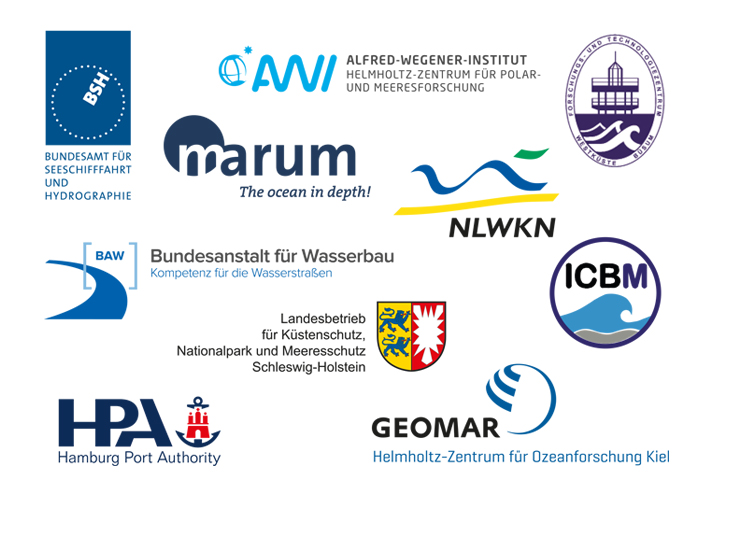
Partner in COSYNA.
The scientific work is carried out jointly with partners of the Helmholtz association, universities, and monitoring authorities.
Federal Maritime and Hydrographic Agency (BSH)
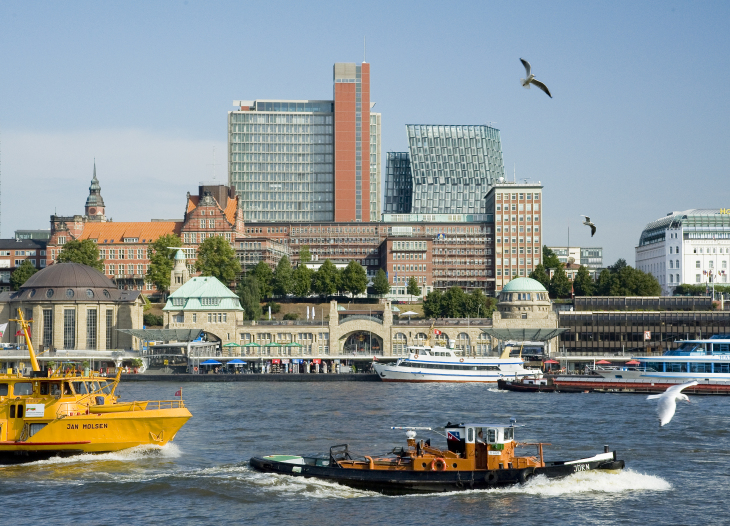
-image: BSH-
The Federal Maritime and Hydrographic Agency (BSH) is a partner in maritime shipping, environmental protection and marine use. The BSH supports maritime shipping and economy while also strengthening security and environmental protection, fostering sustainability of marine resources, ensuring continuity of observations and measurements and providing reliable information on the conditions of both the North Sea and the Baltic Sea. The BSH is an administrative authority as well as a research institution operating within the remit of the Federal Ministry of Transport and Digital Infrastructure (Bundesministerium für Verkehr und digitale Infrastruktur). Federal Maritime and Hydrographic Agency (BSH)
Alfred Wegener Institute Helmholtz Centre for Polar and Marine Research (AWI)
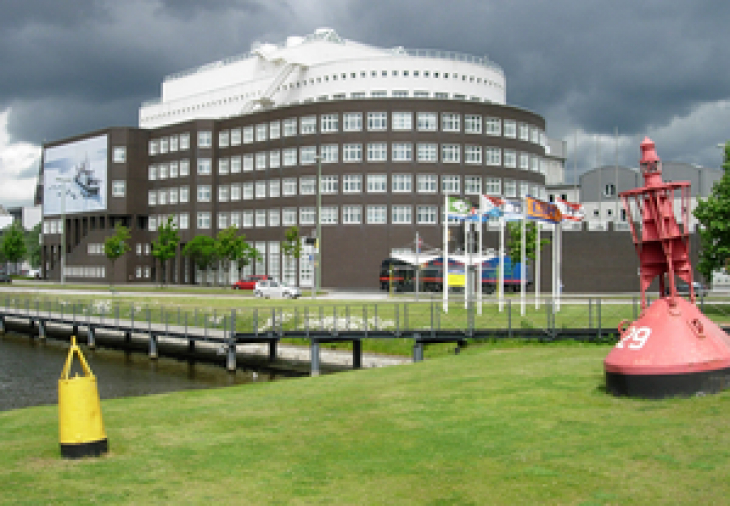
-image: C. Pichler / Alfred Wegener Institute-
The Alfred Wegener Institute Helmholtz Centre for Polar and Marine Research (AWI) studies the Arctic and Antarctic as well as changes in the coastal ecosystem in temperate latitudes. This institute coordinates German polar research and provides the essential infrastructure for national and international polar expeditions. AWI climate scientists, biologists and geoscientists are an integral part of a worldwide research network to study changes in the global environment and our earth system. Alfred Wegener Institute Helmholtz Centre for Polar and Marine Research (AWI)
Institute for Chemistry and Biology of the Marine Environment, Carl von Ossietzky University Oldenburg (ICBM)
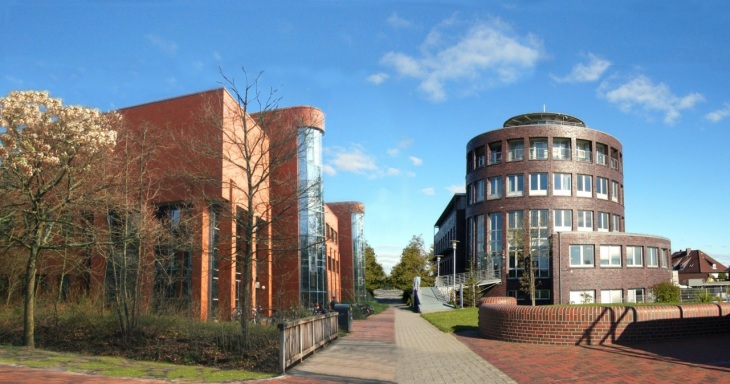
-image: ICBM-
The Institute for Chemistry and Biology of the Marine Environment (ICBM) at the University Oldenburg is the only university marine research facility in Lower Saxony. Basic research is combined with applied environmental science and the development of marine technologies. The three primary areas of focus are geochemistry and analytics, geobiology and ecology as well as physics and modeling. The institute offers programs that lead to a bachelor of science degree in addition to four areas of specialization at the master's level. Institute for Chemistry and Biology of the Marine Environment, Oldenburg University (ICBM)
Research and Technology Centre, Christian-Albrechts-University of Kiel (FTZ)
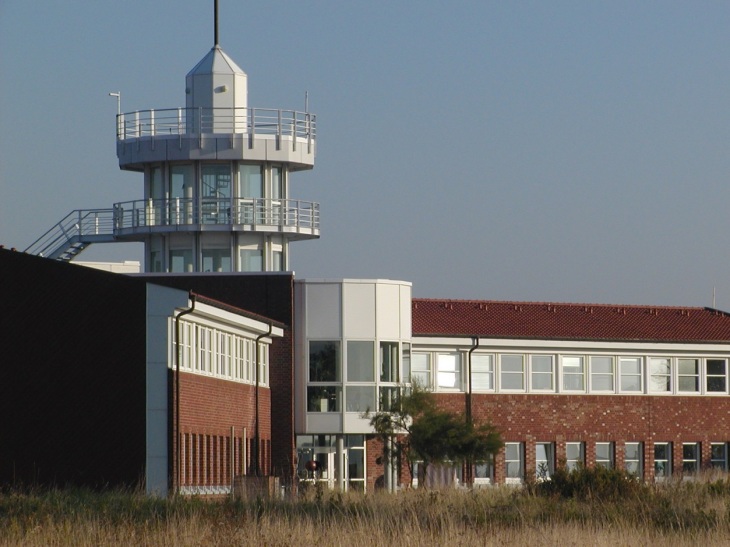
-image: Klaus Vanselow / FTZ-
The Research and Technology Centre (FTZ) in Büsum was founded in 1988 as a central institution at Christian-Albrechts-University in Kiel. FTZ conducts interdisciplinary integrative coastal research, particularly in the fields of shallow sea and estuary studies. A main focus here lies in the processing of applied, problem-oriented topics in the North Sea coastal region.
Research is primarily concerned with offshore wind farm effects on the marine environment and on marine birds, eutrophication, hydro and sediment dynamics, changes and predictions of coastal morphology, as well as the development of new measurement methods and microalgal biotechnology. The syntheses of results provide conceptual contributions for integrated coastal zone management and also serve as a basis for enviro-political, structural-political and socio-economic decisions within regional, national and international frameworks.
Research and Technology Centre, Christian-Albrechts-University of Kiel (FTZ)
Center for Marine Environmental Sciences (MARUM)
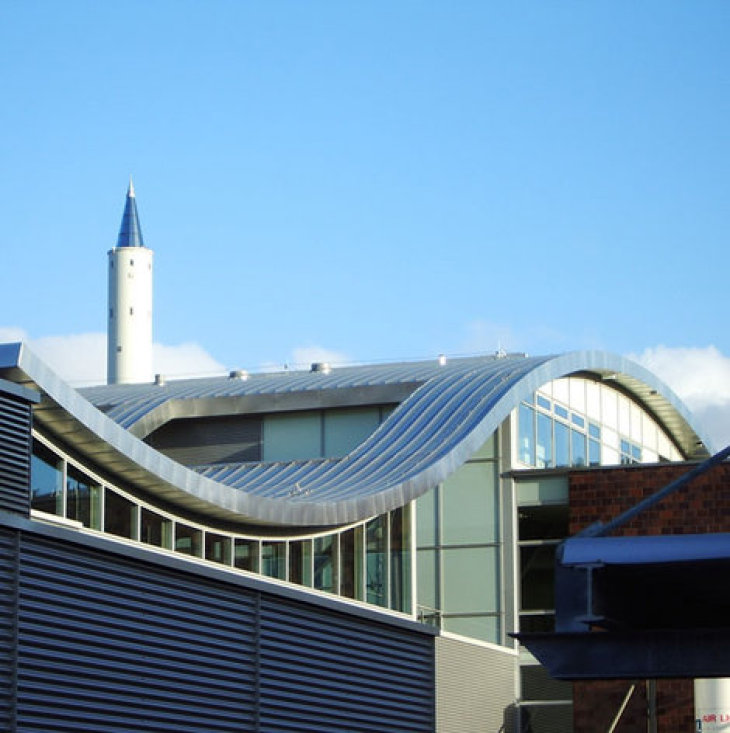
-image: MARUM-
The Center for Marine Environmental Sciences (MARUM) is a research department at the University of Bremen and focuses on ocean and climate, geosphere-biosphere interaction and sediment dynamics. Scientists at MARUM study past and present environmental change on a global scale, from the coasts to the deep sea. Their primary focus lies in processes on and in the seabed. The Coastal Dynamics working group aims at a comprehensive understanding of various coastal systems and their interactions in order to quantify current conditions and assess their stability as well as to predict future developments. Center for Marine Environmental Sciences (MARUM)
Lower Saxon State Department for Waterway, Coastal and Nature Conservation (NLWKN)
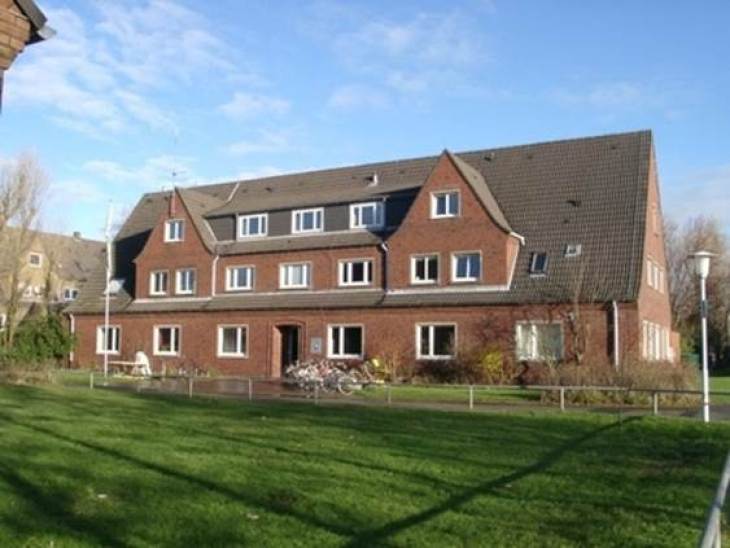
-image: NLWKN-
The various functions of the Coastal Research Station (FSK) within the Lower Saxony Water Management, Coastal Defense and Nature Conservation Agency (NLWKN) include application review and methodological operationalization of new processes. An interdisciplinary team of civil, coastal and environmental engineers, as well as researchers from different geoscientific fields work on the implementation of state mandates. Among its others responsibilites, the FSK has operated a sea state measurement network since 1976 as part of the baseline survey mandate, which covers the coastal area from Borkum to Baltrum with a focus on the Norderneyer Seegat and its tidal basin. Lower Saxon State Department for Waterway, Coastal and Nature Conservation (NLWKN) - German only
Hamburg Port Authority (HPA)
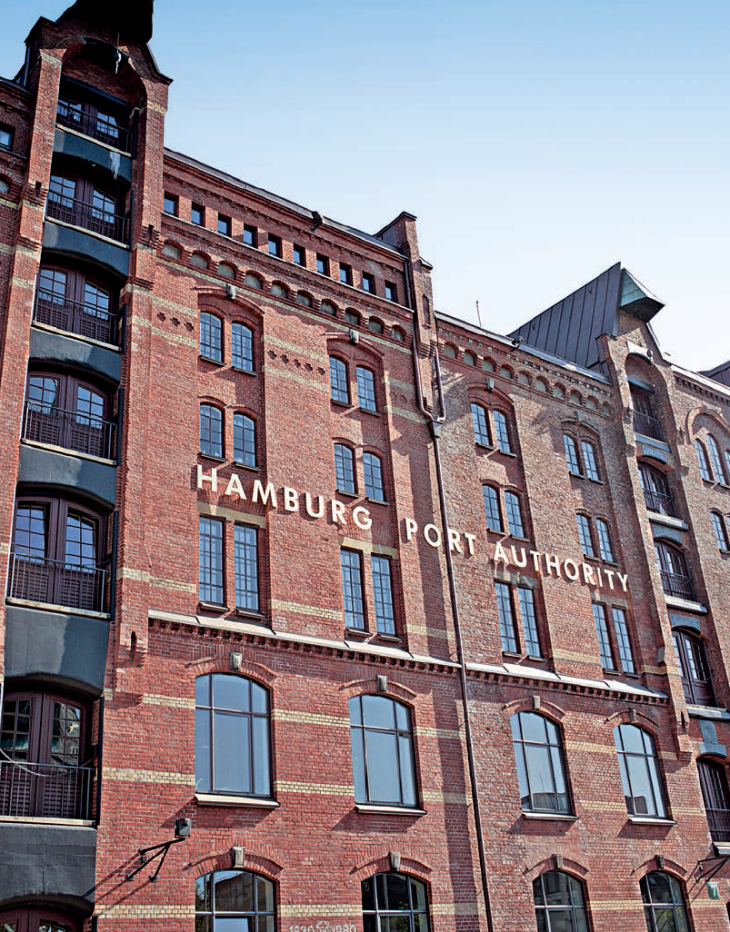
-image: HPA-
The Hamburg Port Authority AöR (HPA) has been providing future-oriented port management services offering one face to the customer since 2005. The HPA is responsible for resource-efficient, sustainable planning and the implementation of infrastructure projects in the port. It is the contact point for all kinds of questions concerning the waterside and landside infrastructure, the navigational safety of vessel traffic, port railway facilities, port property management and business conditions in the port. It represents the interests of the Port of Hamburg at a national and international level. Hamburg Port Authority (HPA)
Schleswig-Holstein’s Government-Owned Company for Coastal Protection, National Parks and Ocean Protection (LKN)
Federal Waterways Engineering and Research Institute (BAW)
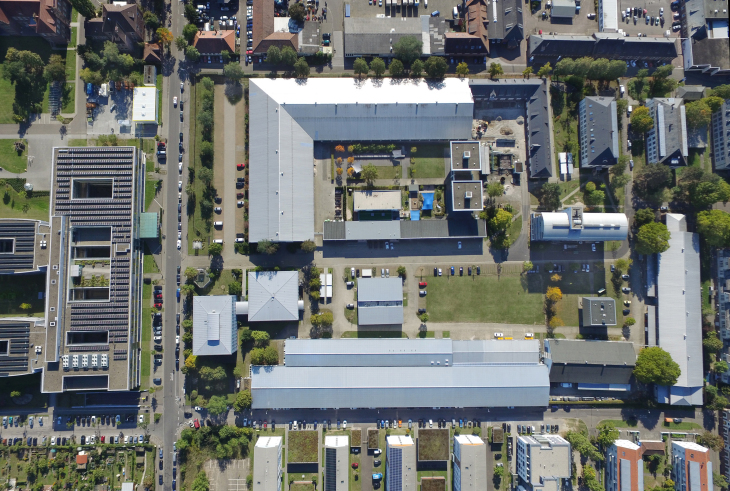
-image: BAW-
The Federal Waterways Engineering and Research Institute (BAW) works toward preserving and further developing waterways as a safe, economical and environmentally sustainable mode of transport. As a federal body, the BAW advises and supports the Federal Ministry of Transport and Digital Infrastructure and the Federal Water and Shipping Management in the extension and construction as well as the operation and maintenance of the federal waterways. It contributes significantly to helping Germany’s waterways meet growing technical, economic and ecological needs. Federal Waterways Engineering and Research Institute (BAW)
GEOMAR Helmholtz Centre for Ocean Research Kiel
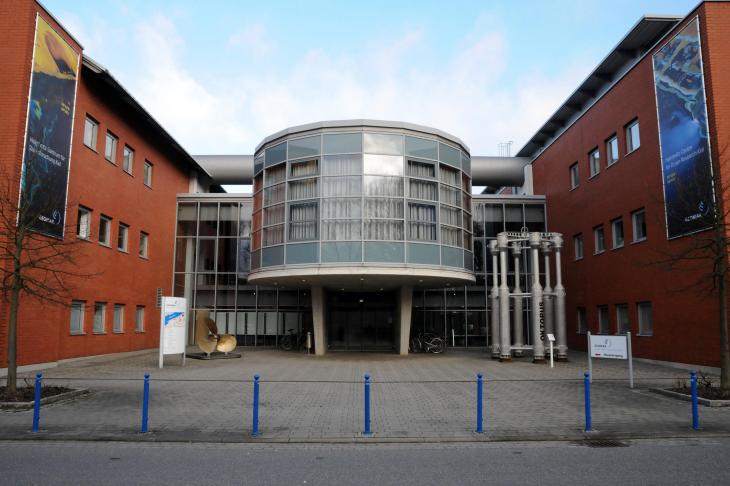
-image: GEOMAR-
The GEOMAR Helmholtz Centre for Ocean Research Kiel is one of the leading global marine research establishments. The centre's function is to study the chemical, physical, biological and geological processes in the ocean and their interactions with the sea floor and the atmosphere. The focus lies in basic research but application-oriented issues are also addressed in several areas. The main areas of research focus fall into four divisions: Ocean Circulation and Climate Dynamics, Marine Biogeochemistry, Marine Ecology, and Dynamics of the Ocean Floor. GEOMAR
